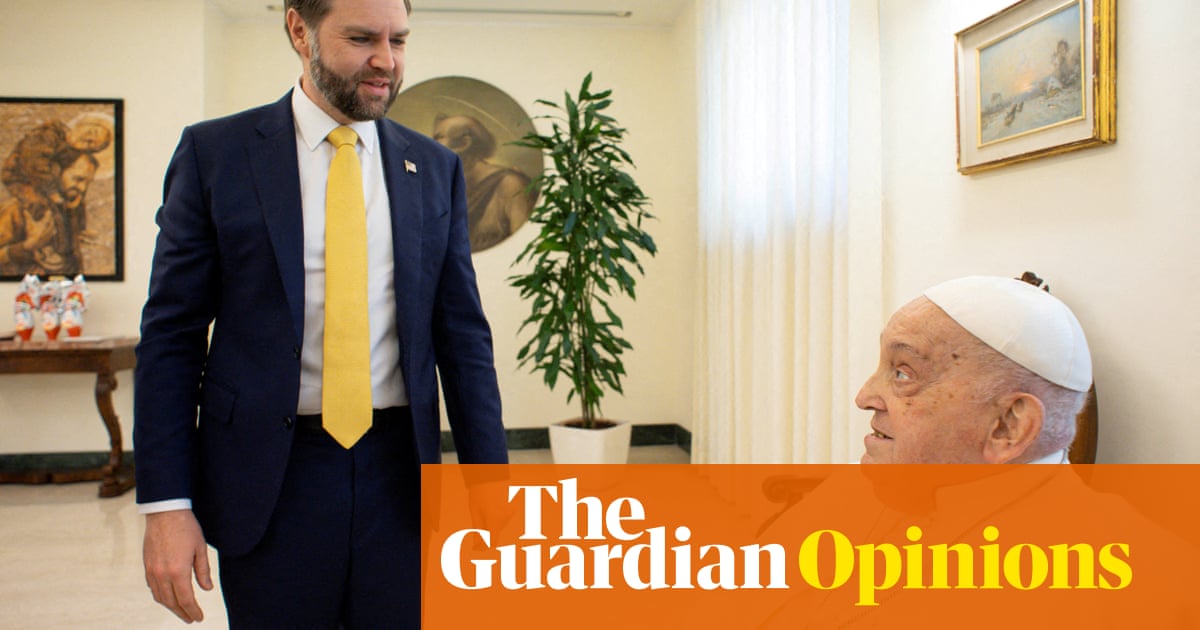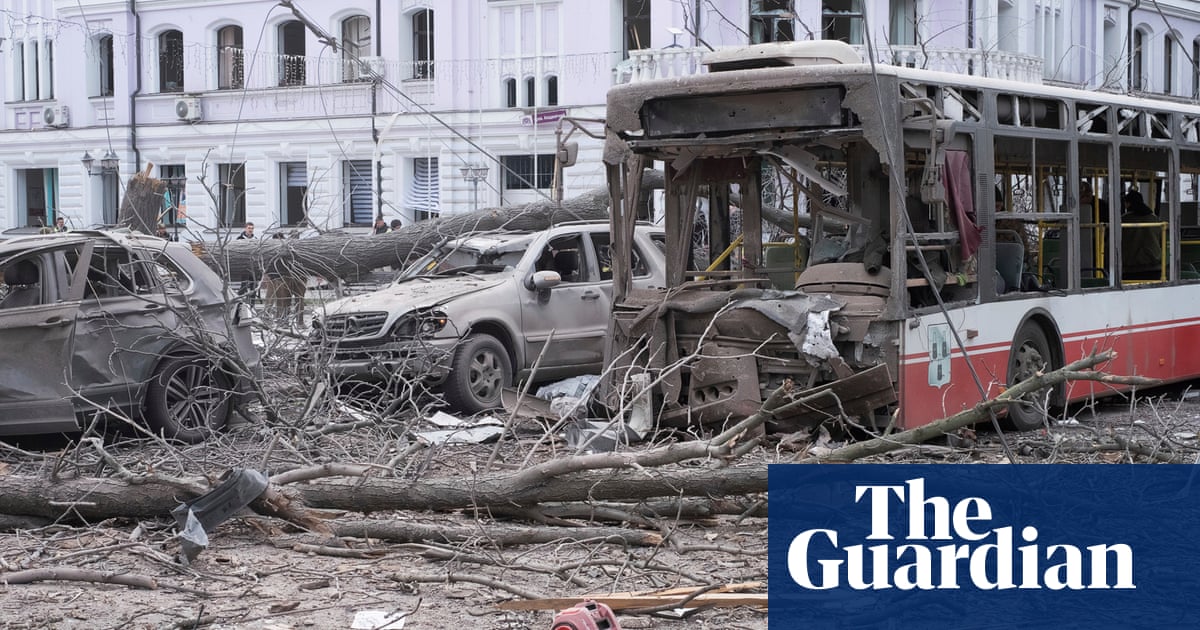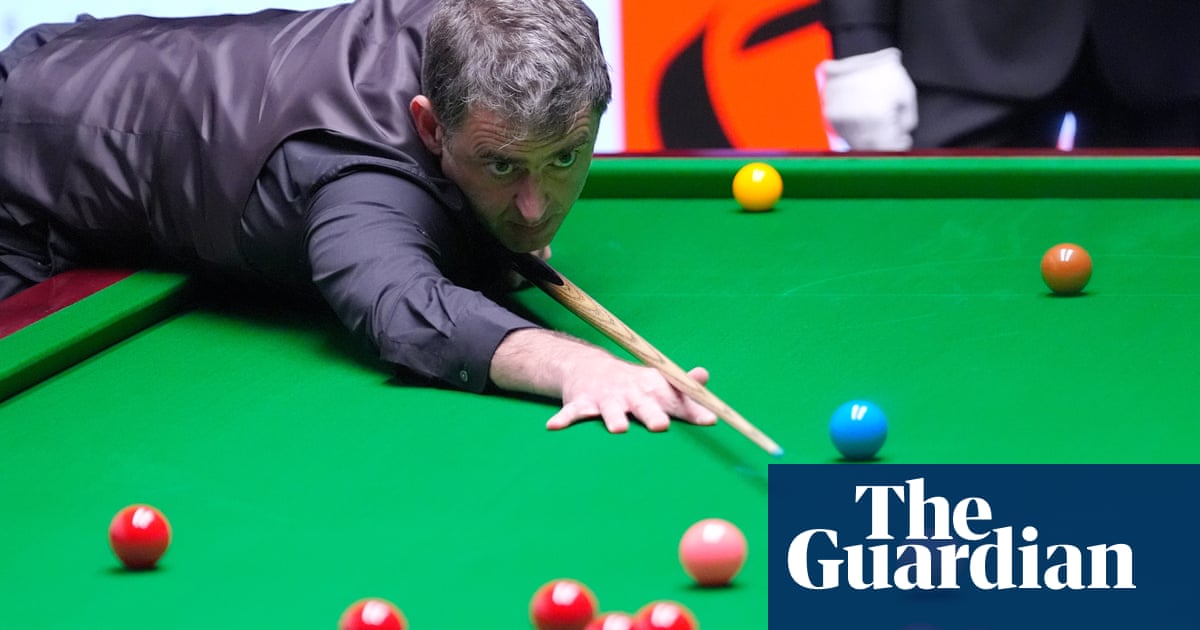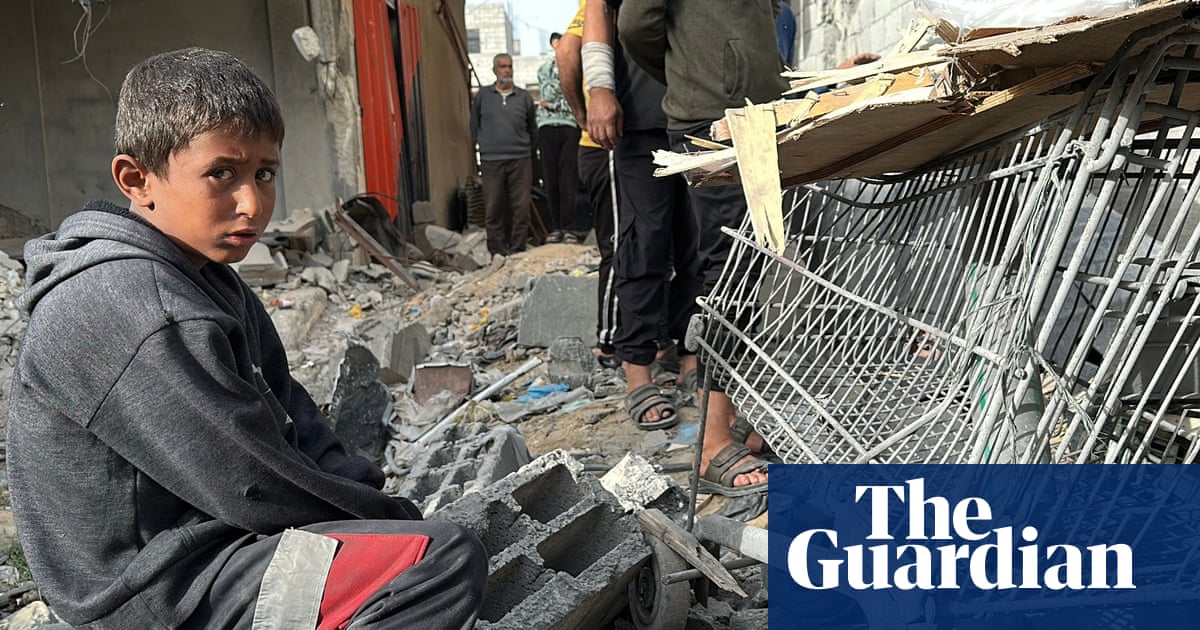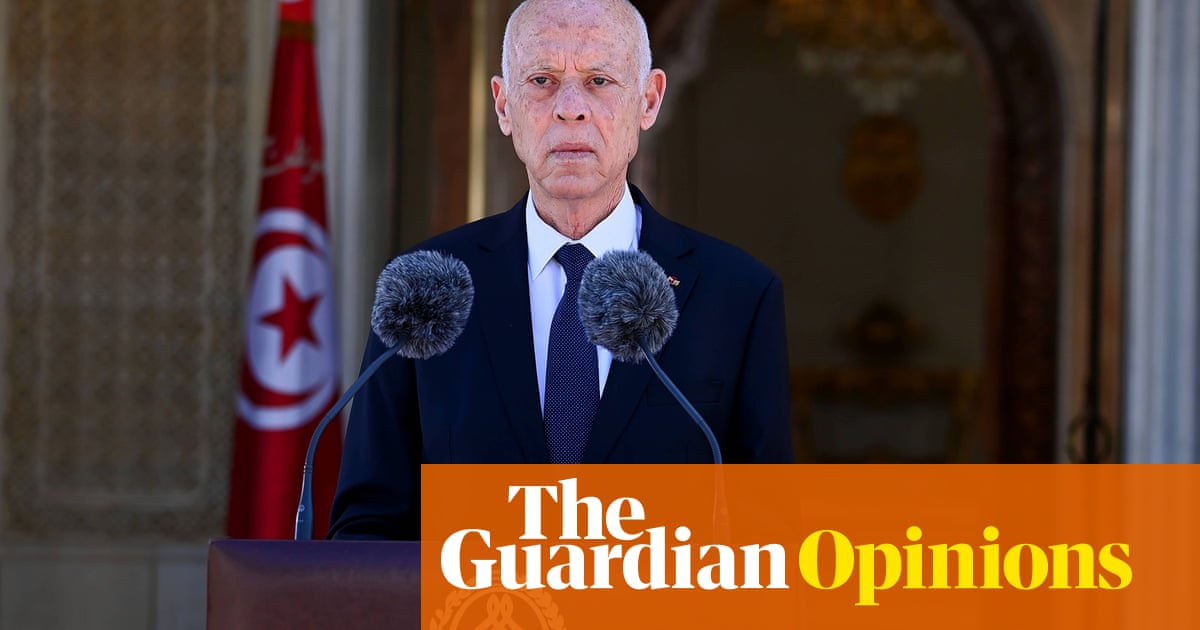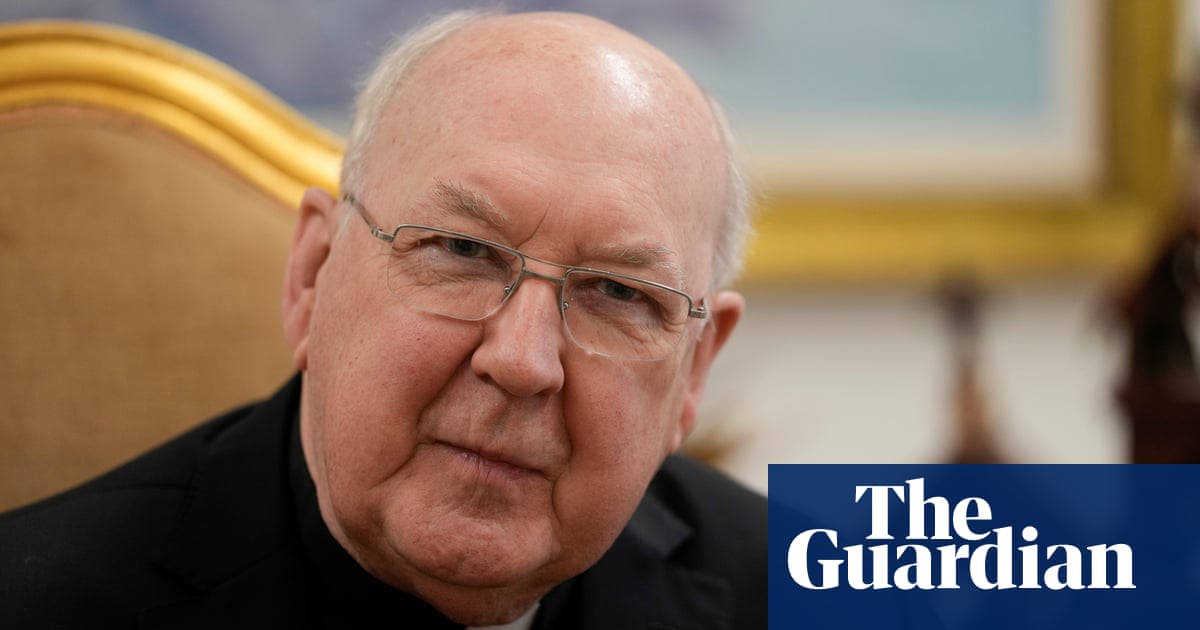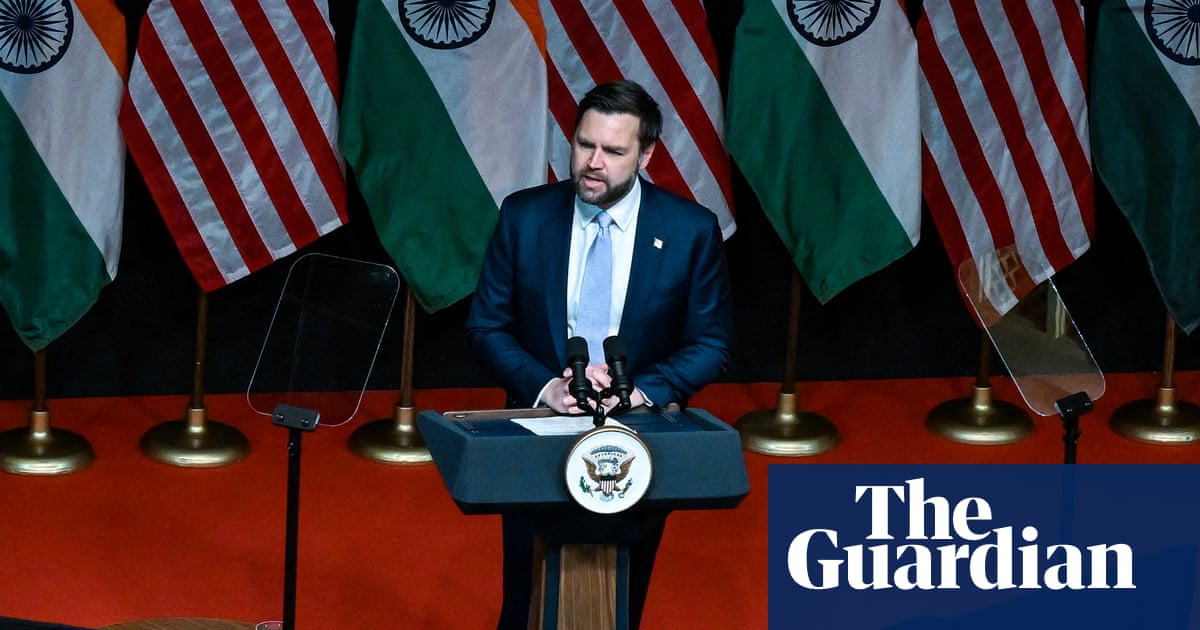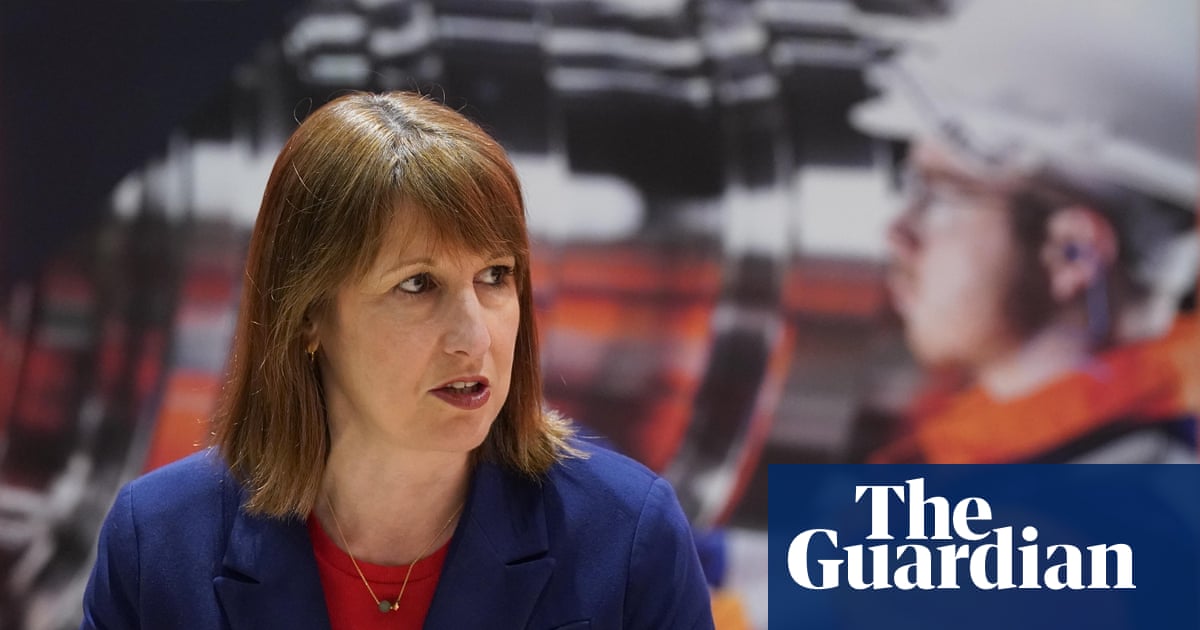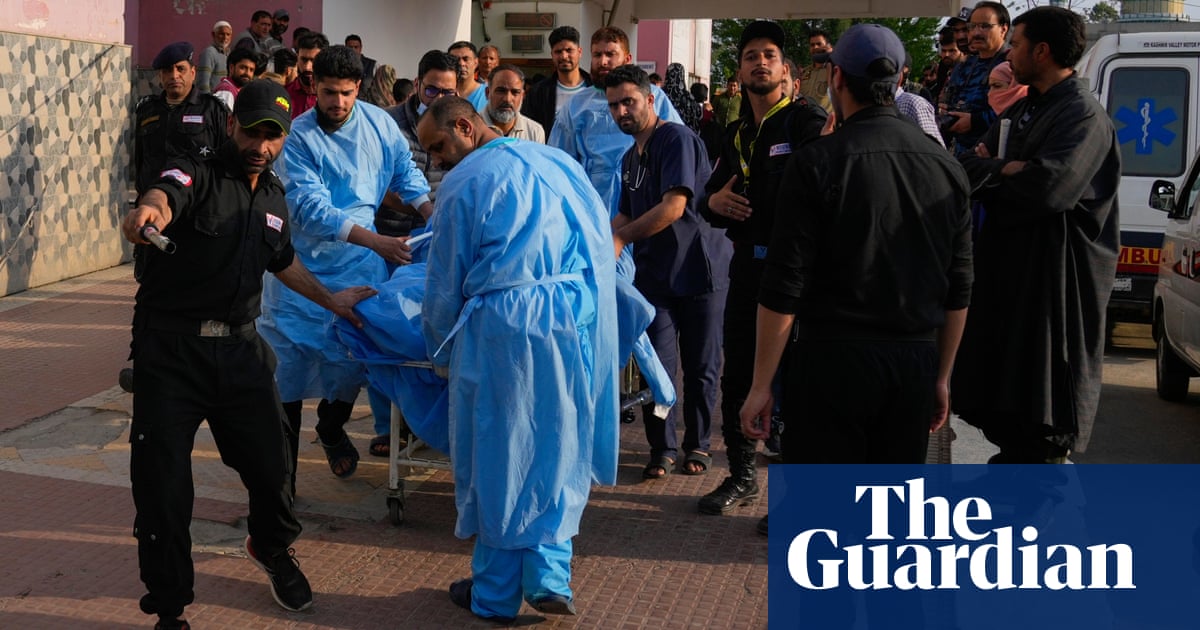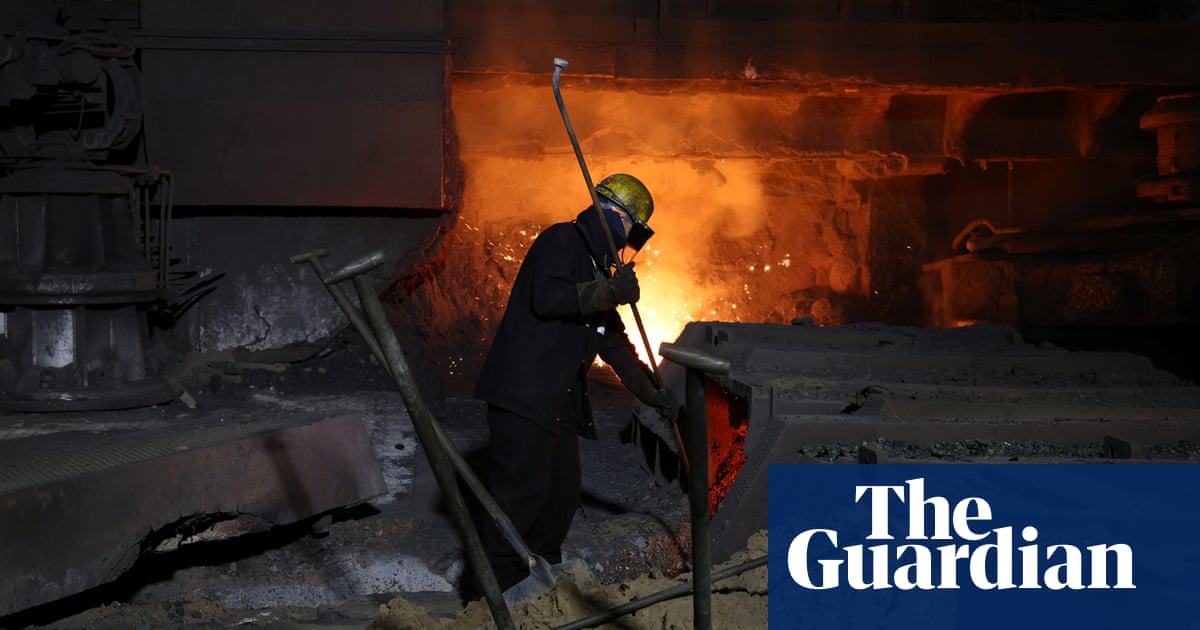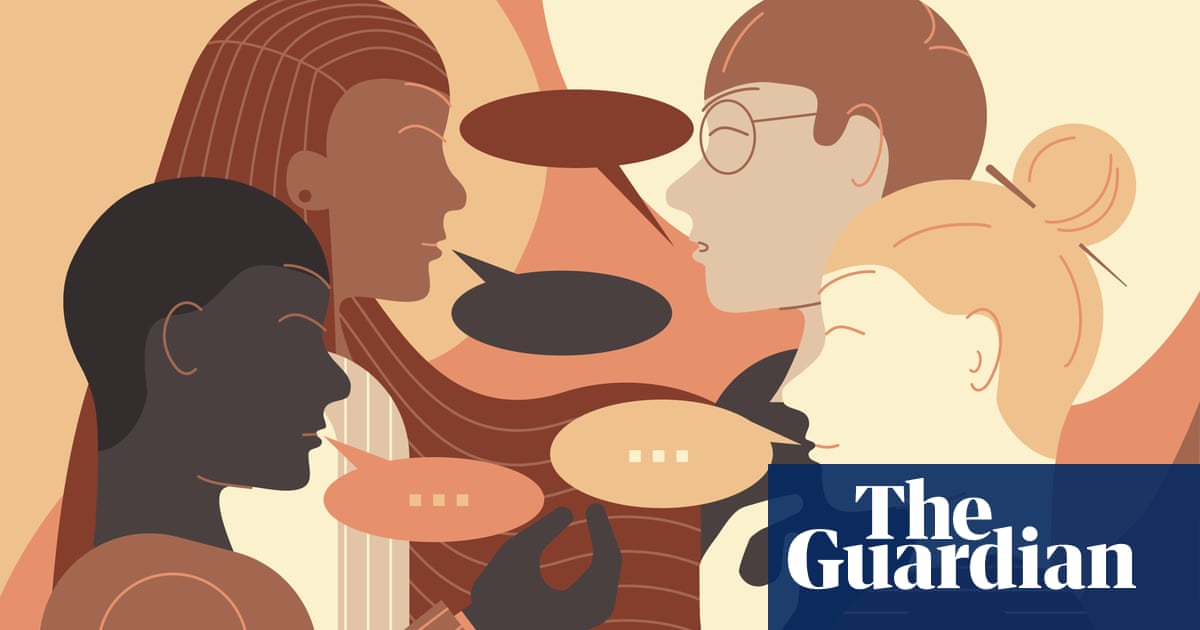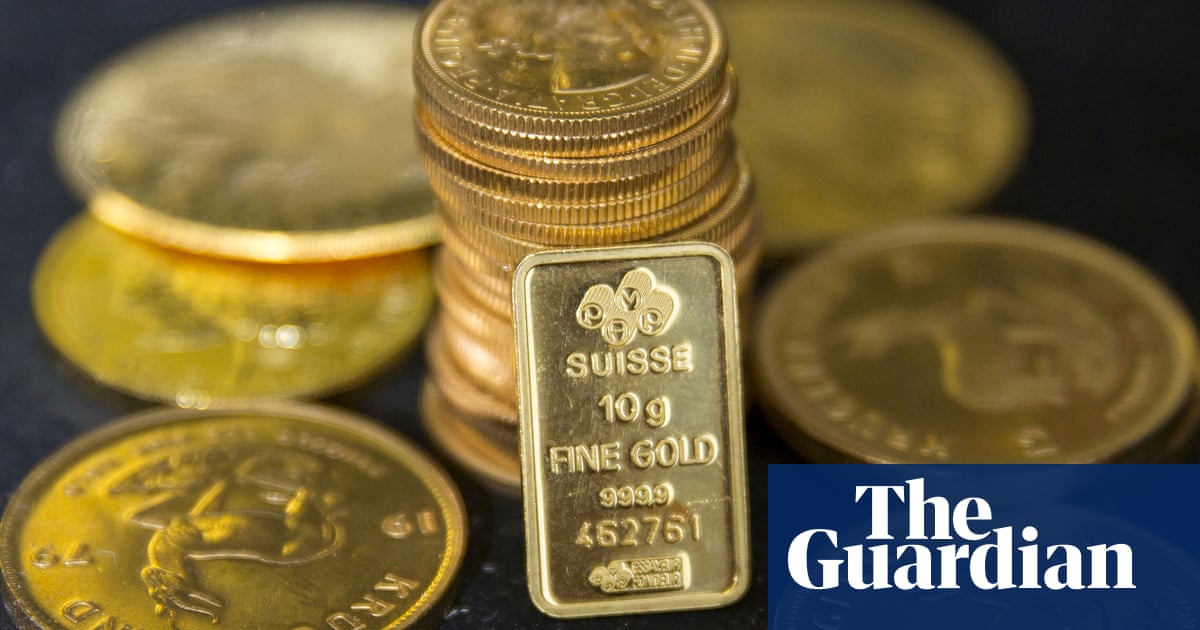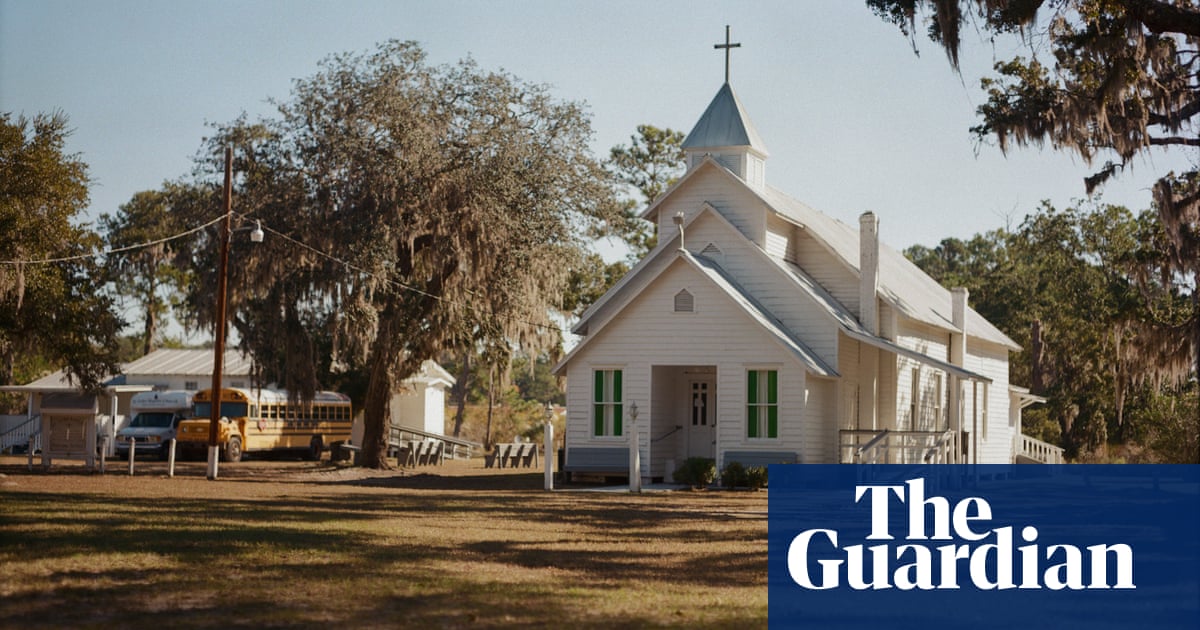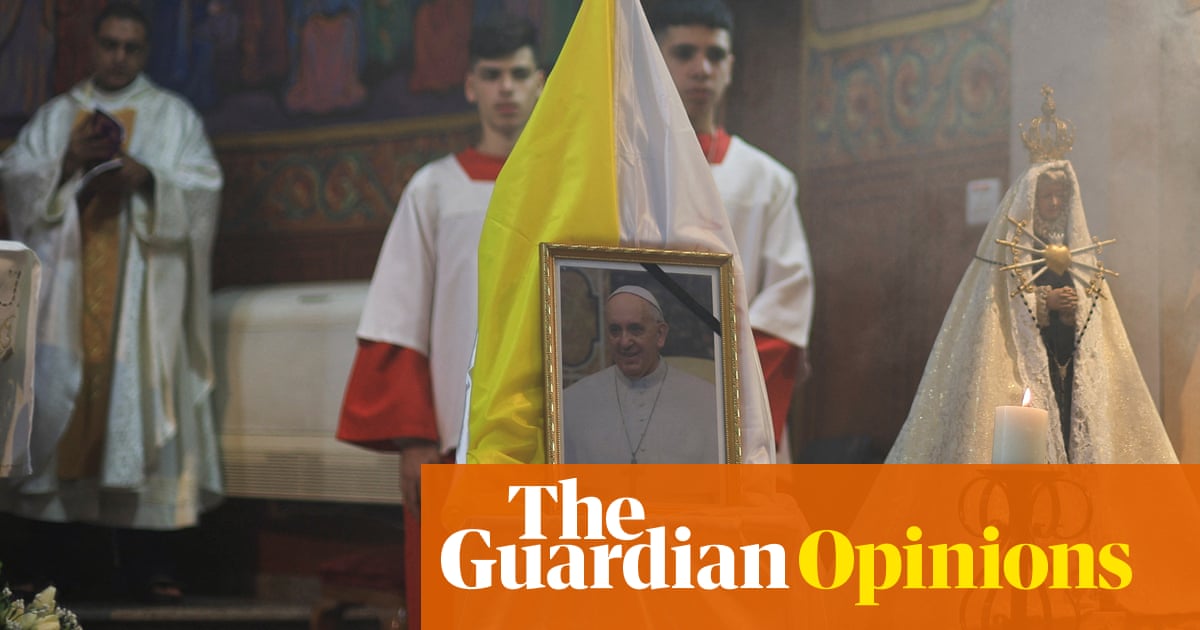Monday 27 January is the 80th anniversary of the liberation of the German Nazi concentration camp at Auschwitz. Three survivors, two of whom were interned there as teenagers, tell Kate Connolly their stories.
‘People in prison uniforms screamed: “Get out, get out!”’

Albrecht “Albi” Weinberg, 99, grew up in the village of Fehndorf Rhauderfehn in East Frisia, northern Germany, where his father, Alfred, was a livestock dealer and butcher. He and Albrecht’s mother, Flora, were deported in October 1944 via Theresienstadt to Auschwitz, where they were murdered.
Weinberg was forced into Nazi slave labour in 1939, and he and his sister, Friedel, were sent to Auschwitz in April 1943 at the same time as, but separate from, their older brother, Dieter. All the siblings survived and were reunited after the war. Albrecht and Friedel emigrated to the US, returning to live in Germany after 65 years.
Dieter moved back to East Frisia, but was killed in a motorcycle accident in Leer in 1947 in suspicious circumstances, having been asked on his return by townsfolk: “Why didn’t they gas you?”
Since 2013, Albrecht Weinberg has regularly given talks in schools. He has lent his voice to the Jewish Claims Conference’s digital Holocaust memorial campaign, I Survived Auschwitz: Remember This.
Before the Nazis came to power, life was idyllic. We lived happily alongside our neighbours. When they celebrated Christmas, we were invited, when we celebrated Hanukkah, they came to ours. Then the Nazis came to power and antisemitism raised its ugly head. The square opposite our house was renamed Adolf Hitler Platz, and Hitler Youths would hoist and lower a flag there every day, and sing Deutschland über alles.
On Kristallnacht they chased us out of our beds, hounded us through the streets and locked us up in the local slaughterhouse, forcing the men to muck out the pigsties.
They took my parents – who we never saw again – and I and my siblings were forced into slave labour, then in April 1943, rounded up and transported in furniture removal vans with no windows, so Berliners couldn’t see what was happening, to Grunewald train station where cattle wagons were waiting for us.
There were no toilet facilities onboard. We thought we were being sent to the east to work for the military effort, but we arrived in Auschwitz and had no idea what it was.
People in striped prison uniforms screamed: “Get out, get out!” and because there were no ladders or steps, some of the older people and those with disabilities fell on to the ground, and the younger people just stepped over them because they didn’t want to get hit.
Most of the women and children went in one direction – I lost sight of my sister on arrival – and they picked those of us they thought were physically fit and took us to Monowitz [known as KZ Auschwitz III Monowitz] to work for the company IG Farben producing methanol and rubber for the military.
I got tattooed with the number 116927, and was no longer Albrecht Weinberg.

I worked there for two years … After several death marches I found myself lying amid the dead and the living on a wagon in Bergen-Belsen. Our bodies were tipped out. Two days later, a tank drove in. I thought: “Now I’ll finally be freed by death,” but it was British soldiers coming to liberate us. They later told me I’d weighed 29kg (just under 4st 8lb).
I and my sister, Friedel, with whom I’d been reunited, decided we wanted to emigrate. I felt nothing but hatred for Germany.
We were taken to Bremerhaven and took a ship in February 1947 to New York City, where we lived for more than 60 years. I ran a butcher’s shop – Jack and Al’s Meat Market – with another survivor.
Friedel and I vowed to each other that we’d never marry and would not put Jewish children into the world. At some point I received 5,000 deutschmark compensation from IG Farben. I never thought of trying to get our family house back or compensation for it and neither did I ever want to return to Germany.
When my sister had a stroke, we took up the offer to move back to Germany in 2011 as we had no one to take care of us in New York and medical care was beyond our means. I spoke German – albeit speckled with English – and thought: “Even if they took away my passport, and I don’t feel it’s my heimat because they stole that from me, and murdered my family, it’s still not a bad move.”
At the start, I struggled in the retirement home – I was suspicious of everyone my age: “Were you maybe a concentration camp guard? Did you taunt me on the streets as a child with antisemitic slogans?”
Not a day goes by when I don’t think about my family. There are now Stolpersteine in front of our former family house, which are the closest thing I have to a gravestone where I can feel close to them.
I’m taken back to Auschwitz every day when I look in the mirror while washing my face and I see my tattoo.
I returned for real to Auschwitz once in 2011. I was able to say the Kaddish at the site of the crematorium with a group of Jewish visitors and it gave me some peace for the first time.
‘I waved at my mother and she waved back. That was the last time we saw her’

Mindu Hornick, 95, was born in Czechoslovakia in 1929 in a shtetl – a small Jewish village – called Rusky Pole, home to 50-60 people in the Carpathian mountains, in what is now Slovakia. When she was 10, her father, Moses, was drafted into a forced labour battalion and she and the rest of the family were sent to a ghetto in Košice.
In 1942, now 14, she was put on a cattle wagon to Auschwitz. She and her sister, Bilou, were separated on arrival from their brothers – Josef, 11, and Samuel, six – and their mother, Chaya, all of whom were murdered. Mindu and Bilou spent the rest of the war enduring forced labour before they were liberated in 1945.
Thanks to a transport of child-survivor war orphans arranged by Rabbi Solomon Schonfeld, one of the last to leave eastern Europe, Mindu was able to emigrate to England, where she lived with her uncle and his family in Birmingham. She married, had two sons, ran a successful electronic goods shop with her husband, Alan, and was awarded an MBE for her role as a Holocaust educator with the Association of Jewish Refugees.
When we arrived in Auschwitz, we hadn’t got a clue what it was. There were partitions in the wooden slats, and my mother said: “Have a look and see what you can see”. I just read the Polish word: “Oświęcim” [the town next to the camp]. She said: “I’ve never heard of it.”
A kapo [Jewish prisoners forced to stand in as guards for the SS] told us in Yiddish that I and my sister should pretend to be older than we were – 17 and 19 – so that we could have a chance of surviving. My mother looked very fearful but said to do what he said.
after newsletter promotion

When they pushed us out of the cattle trucks at Auschwitz we really thought we had entered hell. I looked back into the crowds. I couldn’t see my brothers, but I saw my mother, who was wearing a spotted scarf. I waved at her and she waved back. That was the last time we saw her.
We walked on, and came to the main gate and realised it was a selection. I remember [the SS doctor] Josef Mengele, wearing leather gloves. Some went to the left, some to the right.
I asked when we were likely to see our mother. We were told by other prisoners: “You’re not going to see your mother again.”
Extraordinarily, we found our aunt, Berta, who managed to swap blocks so we could stay together. Without her support and my cousins, Lily and Elsa, I believe we wouldn’t have survived. We stuck together throughout. They sent us to work in the so-called Kanada section of the camp, where our job was to find the jewellery in the possessions people had brought with them.
It took us days to realise that the ash that filled the air was from the crematoriums. Only afterwards did we find out the slimy bit of soup we got, made of turnips, also contained bromide to stop our periods. In all, we were there for just under six months but it felt like an eternity.
I think it was my biggest piece of luck to get taken out of Auschwitz. We were taken to Neuengamme concentration camp, to Lübberstedt-Bilohe, 15km outside Hamburg, where the work in a factory in the forest was dangerous – filling bombs, grenades and mines with explosives for the Luftwaffe – but the air was better due to not having the crematoriums burning day and night. The lack of sickness around us helped us to survive. Unlike in Auschwitz, the bunks were not just hard wood but covered in straw, and we had blankets, and a soup made from pulses.
In spring 1945 we boarded a transport and our train was twice attacked by British Typhoon fighter jets who didn’t realise it was carrying prisoners. The roof of the carriage was ripped away and about 50 girls in my group were killed. It was one of many occasions where I was helped or got lucky – my sister pushed me under the seat so we both survived. We had been due to be put on ships heading to Lübeck, which the Germans planned to destroy to get rid of evidence ahead of their surrender, but due to the attack we were delayed. Because the RAF pilots thought the ships contained leading SS personnel they bombed them, and thousands of prisoners – slave labourers collected from all over Germany – were killed. I’m still incredulous that we survived.
I arrived in the UK in April 1948 to a Birmingham which was full of smog and miserable people, no street lamps, ongoing rationing and no proper coffee – none of the post-war elation that I’d experienced in Prague.
But the warmth I received in my uncle Zolly and auntie Hety’s house was wonderful.
My sister Bilou got one of three visas to go to Australia. I was heartbroken. We didn’t see each other again for about 20 years.
I only started speaking about the Holocaust after 40 years, but to do so I had to start digging very deep into my subconscious to reach what had really happened.
I first returned to Auschwitz in 2014. I had a terrible reaction, a rush of memory. It was also very traumatic. I came home and lay motionless on the settee, thinking of my parents. When I went again in 2019 I managed better.
I had no desire to return to Germany, but did so in 2018 on what became a big family pilgrimage with children and grandchildren in tow, and it was very rewarding.
‘I’m aware that I have a story to tell that’s unique’

Eva Clarke, BEM, and her mother, Anka, were the only members of their family to survive the Holocaust; 15 others were murdered in Auschwitz-Birkenau. Her mother, who had been a law student and then an apprentice milliner in her native Prague, became pregnant with her when she and her husband, Bernd Nathan, an architect and interior designer from Hamburg, were incarcerated in Theresienstadt, where they had been sent in December 1941. She only discovered she was pregnant with Eva once she had arrived in Auschwitz, having followed her husband there on 1 October 1944, when they were immediately separated.
She gave birth to Eva on a wagon in Mauthausen concentration camp on 29 April 1945. Returning to Prague after the war, she learned that her husband had been shot dead on 18 January 1945. In 1948, Eva, Anka and Anka’s new husband, Karel Bergman, escaped communist Czechoslovakia and emigrated to the UK, settling in Cardiff. Eva, who was a university administrator, married an academic in 1968. She lives in Cambridge and has two sons. She regularly gives talks organised through the Holocaust Educational Trust. Her mother died in 2013, aged 96.
When the Nazis discovered in Theresienstadt that my mother was pregnant with her son, Jiří, my parents were forced to sign a document stating that they would hand him over to the Gestapo to be murdered after his birth. My brother died of pneumonia and his death meant both my mother’s and my life.
It was a sign of the eternal, innate optimist she was – she had even taken a box of doughnuts with her to Theresienstadt – that she volunteered to follow my father to Auschwitz, not having a clue as to what it was.
Had she arrived in Auschwitz with a baby she’d have been immediately sent to the gas chambers. As it was, because she arrived there without a baby – and unbeknownst to anyone except herself, because it didn’t yet show, was pregnant again, with me – she survived.
She was in Auschwitz for 10 days, until 10 October, 1944, but said it was like 100 years. She remembered the selection over which Mengele presided. She compared the place to Dante’s Inferno and said it was terrifying.

Having been deemed fit for work, she and others were soon sent to a slave labour camp at an armaments factory near Dresden. At first they all thought they were about to be killed, until they were given a piece of bread.
I first started asking her questions when I was quite young. She never failed to answer any of my queries. In fact I think I was something like a sounding board for her. She never used the word “cathartic”, but I think that must have been the effect this constant questioning, my need to know details, had on her.
Lots of people have asked me if she was bitter, but you can’t move on if you’re bitter. She also said she was lucky to have learned early on about the death of my father – she was pushing me in the pram shortly after arriving back in her native Prague, and a friend of his came up to her and told her. It gave her closure, which many survivors never have.
She said after all she’d been through, I gave her a real reason for living again ... I was a miracle baby after all.
This was at no time more important than when she arrived back in Prague and realised what had happened to her parents, sisters, the whole extended family. It was the worst moment for her, she said. But she had no time to mourn because she had to live for me.
She had given birth to me after a 17-day journey to Mauthausen camp in an open coal train, having had no food and very little water, but having been allowed by a soldier poised with a whip to accept a glass of milk from a farmer en route who was shocked to see she was pregnant and skeletal.
During the birth she was surrounded by people with typhus and other sicknesses. A soldier told her: “You can keep on screaming”, probably in the expectation that she would die. A doctor came, a prisoner, cut the umbilical cord, and smacked me to make me breathe. They wrapped me in paper and said I’d weighed just 3lb, my mother about 5st (35kg).
Emotionally, I feel more connected to Mauthausen and Theresienstadt, but Auschwitz has always been an important place for me to return to. When I was about to celebrate my 50th birthday and Malcolm, my husband, asked what I wanted to do, I said: “If I’m ever going to go to Auschwitz, this is the year.” In hindsight I’m very glad I did.
Now that I’m soon to celebrate my 80th birthday I plan to go back again in spring, for the March of the Living. I will continue to tell my mother’s story for as long as I can. I’m aware that I have a story to tell that’s unique to me – to us.”

.png) 2 months ago
27
2 months ago
27

